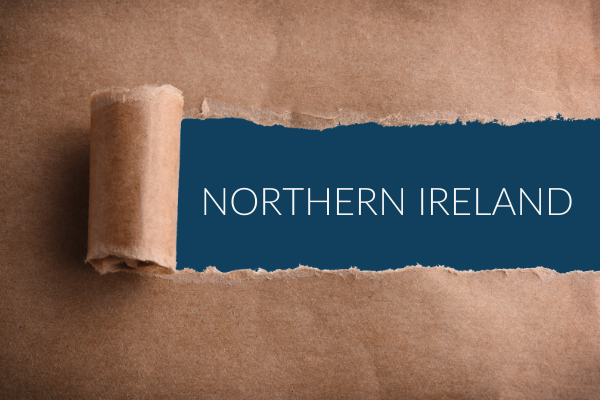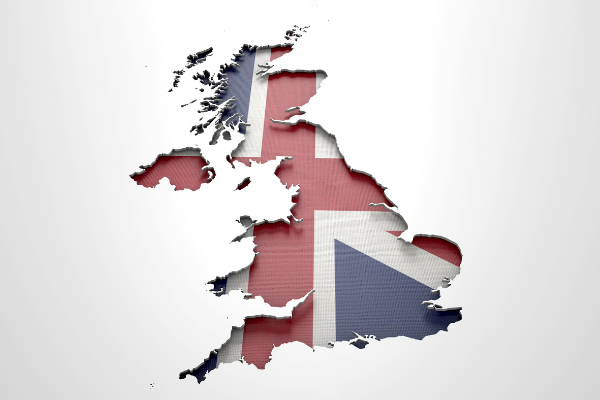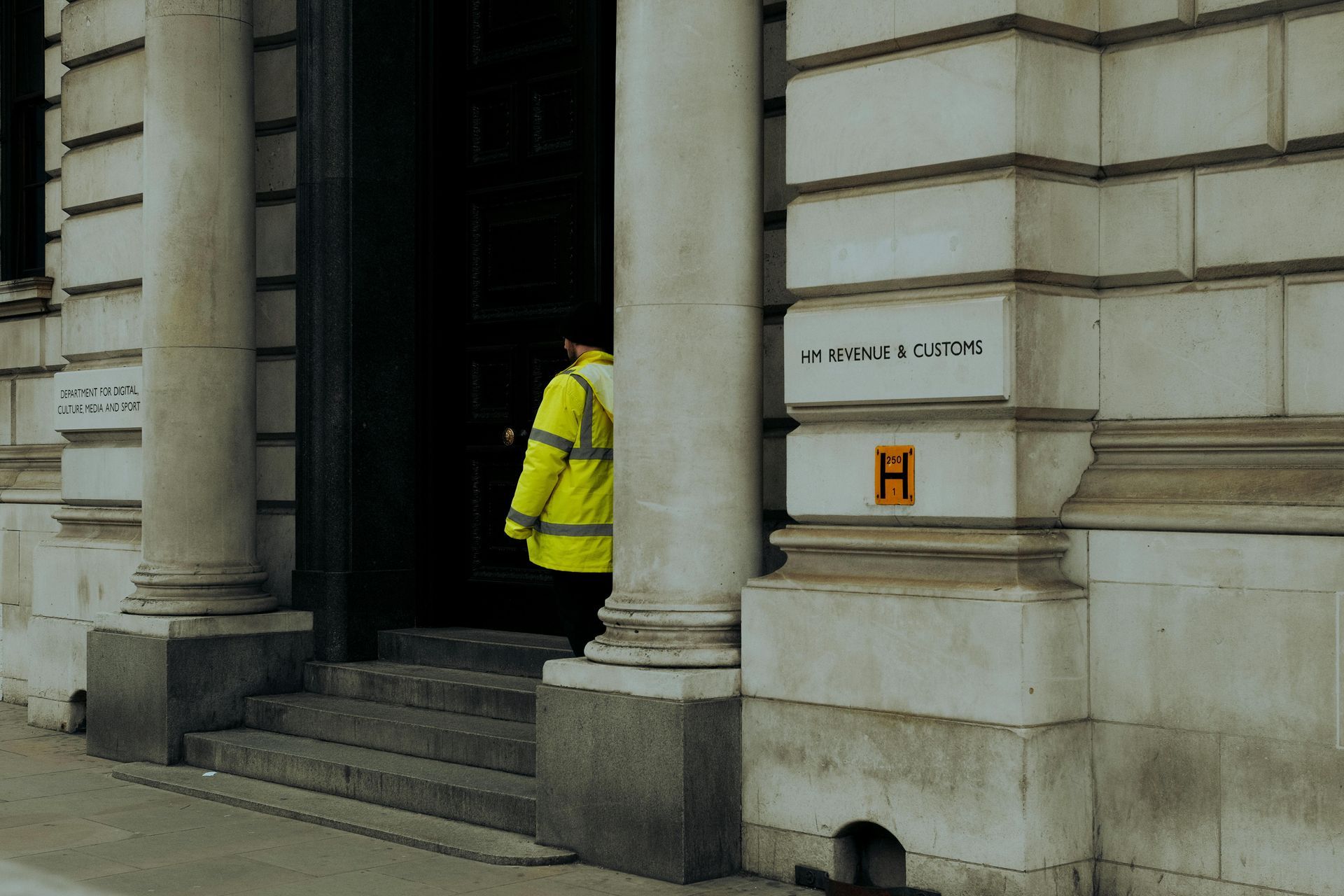BY:
SHARE:

Previously, under the former regulations, goods entering Great Britain directly from Ireland were to undergo import procedures. However, a recent amendment has altered the landscape, particularly regarding goods transported from Northern Ireland to Great Britain via Ireland. This amendment introduces exemptions for certain goods, termed as qualifying Northern Ireland goods, from the necessity of completing import declarations.
Background
Qualifying Northern Ireland goods stems from the complex political and economic dynamics surrounding the relationship between Northern Ireland, Great Britain, and the EU post-EU Exit.
In the context of EU Exit and the Windsor Framework, the status of Northern Ireland has been a focal point of discussion. Special arrangements, including qualifying Northern Ireland goods, have been devised to address concerns about potential disruptions to trade within the UK Internal Market and to uphold the principles of the Good Friday Agreement.
These arrangements aim to facilitate frictionless trade between Northern Ireland and Great Britain while ensuring compliance with regulatory frameworks. The exemption from import declarations for qualifying Northern Ireland goods when entering Great Britain via Ireland is one measure intended to streamline trade and mitigate potential trade barriers arising from Brexit-related changes.
Requirements from the 31st of January 2024
In line with the information outlined in the Border Target Operating Model, as of January 31, 2024, certain goods are now subject to full Customs control if imported directly from ports in Ireland to those in Great Britain. This implementation signifies a significant shift in Customs procedures, indicating heightened regulatory measures and protocols governing cross-border trade between the two regions.
The former regulations required goods entering Great Britain directly from Ireland to undergo import procedures. However, there was a recent amendment concerning goods transported from Northern Ireland to Great Britain via Ireland, as they were typically exempt from the requirement to complete import declarations if classified as qualifying Northern Ireland goods.
As of 31st January 2024, some goods face full Customs controls when moved from Irish ports to Great Britain. As of 31 January 2024, you can no longer delay sending HMRC the complete information about your goods by up to 175 days after import.
Goods must complete import processes if imported directly from Ireland into Great Britain.
Goods moving from Northern Ireland to Great Britain through Irish ports must also complete import processes if they are:
- non-qualifying Northern Ireland goods
- excise goods (alcohol, tobacco, and energy products), weapons of mass destruction related goods (such as certain fissionable material) or endangered species (further details are available in the public notice)
- goods which do not move directly to an Irish port once they have left Northern Ireland, for example, goods which are held in storage in Ireland
Moving non-qualifying goods directly from Northern Ireland to Great Britain
You must submit an import declaration if you move non-qualifying goods directly from Northern Ireland to Great Britain.
If you move non-qualifying goods from the EU to Great Britain via Northern Ireland, you also need to follow guidance on making an indirect export from Northern Ireland.
Inbound Requirements for qualifying Northern Ireland Goods
The Border Target Operating Model confirmed that import declarations are not needed for qualifying Northern Ireland goods moving directly from Northern Ireland or indirectly through Ireland to Great Britain, in line with the government’s commitment to unfettered access. There are some minimal exceptions where import declarations are required, such as an ongoing requirement to provide these for excise goods when moving qualifying Northern Ireland goods through Ireland to Great Britain. Detailed guidance is available on GOV.UK.
When moving qualifying Northern Ireland goods through ro-ro ports from Ireland to Great Britain for which import declarations are not required, hauliers still need to complete a GMR. When creating their GMR, they should indicate they are moving such goods by selecting the 'oral or by conduct declaration or no declaration required' option. Hauliers and drivers must provide commercial evidence if asked to confirm that their goods are qualifying Northern Ireland goods, such as a dispatch notice, an invoice, or a consignment note. They also need access to a travel document, issued in the UK, setting out the destination of the goods to show that the goods have merely passed through Ireland. The same document can be used for both purposes.
Similar processes at inventory-linked ports or other locations allow qualifying Northern Ireland goods to be released from inventories or local systems without requiring electronic declarations.
You can check which locations need a declaration submitted before goods depart for Great Britain and which ports use GVMS on GOV.UK.
If the goods are arriving in Great Britain from Northern Ireland through ro-ro ports, you do not need to include your import declaration reference in a GMR. You need to update the status of your full import declaration to 'arrived' on the system by 11.59 pm on the working day after the day your goods arrived in Great Britain.
OneCall™ Email assistance as and when required; A one-call solution for all your import, export and customs enquiries. Export help. Import help. Customs help.
Stay informed about customs and international trade matters by subscribing to our OneCall™ service. This comprehensive offering includes a dedicated email helpline for support, timely practical updates direct to your inbox (Did You Know?), monthly UK Customs & Trade Briefings and access to an interactive members' area with an exclusive community for our subscribers.
International Trade Updates & Spotlight Newsletter
Subscribe to our free information emails covering international trade topics...










